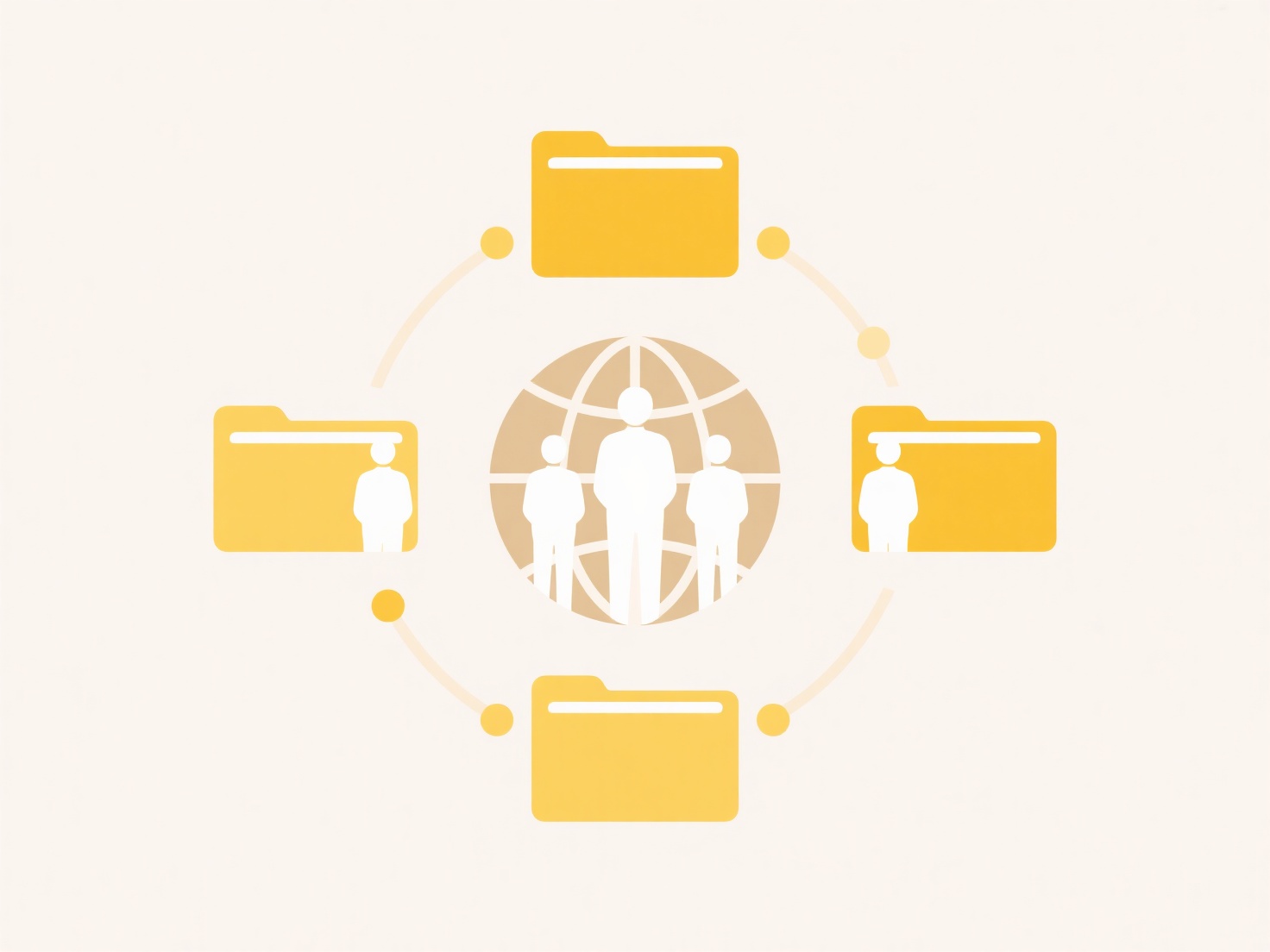
A file rename alert is a notification triggered when someone changes the name of a file within a shared storage system. It differs from simply tracking file creation or deletion by focusing specifically on changes to the file's identifier (its name), rather than its content or existence. This notification can typically be received through email, in-app messages, or integration with collaboration platforms.
These alerts are commonly used in collaborative document management systems and version control platforms. For instance, in cloud storage services like SharePoint Online or Google Drive, team members can set up alerts to be notified if a key project document is renamed, preventing confusion over missing files. Developers using Git repositories also benefit, as alerts for renaming source code files help track changes accurately across branches and versions.

The primary advantage is improved traceability and reduced confusion in shared environments, ensuring users know where critical files are located after name changes. Limitations include potential alert fatigue if set too broadly, and the alerts don't reveal why a file was renamed or what the old name was unless configured otherwise. Ethically, deployment requires transparency so monitored users understand notification policies; unauthorized monitoring can breach privacy expectations. Future developments may offer smarter, AI-driven notifications that correlate renames with contextual edits, further enhancing workflow efficiency.
Can I get alerts when someone renames a file?
A file rename alert is a notification triggered when someone changes the name of a file within a shared storage system. It differs from simply tracking file creation or deletion by focusing specifically on changes to the file's identifier (its name), rather than its content or existence. This notification can typically be received through email, in-app messages, or integration with collaboration platforms.
These alerts are commonly used in collaborative document management systems and version control platforms. For instance, in cloud storage services like SharePoint Online or Google Drive, team members can set up alerts to be notified if a key project document is renamed, preventing confusion over missing files. Developers using Git repositories also benefit, as alerts for renaming source code files help track changes accurately across branches and versions.

The primary advantage is improved traceability and reduced confusion in shared environments, ensuring users know where critical files are located after name changes. Limitations include potential alert fatigue if set too broadly, and the alerts don't reveal why a file was renamed or what the old name was unless configured otherwise. Ethically, deployment requires transparency so monitored users understand notification policies; unauthorized monitoring can breach privacy expectations. Future developments may offer smarter, AI-driven notifications that correlate renames with contextual edits, further enhancing workflow efficiency.
Quick Article Links
How do I know which app is compatible with a file type?
Understanding file compatibility means recognizing which applications can open and properly interpret a specific file's ...
How do I consolidate files from multiple USB drives?
Consolidating files from multiple USB drives means gathering all the data stored on several separate drives and combinin...
How do I delegate file permission management?
Delegating file permission management means assigning the responsibility to set and control access rights to files or fo...